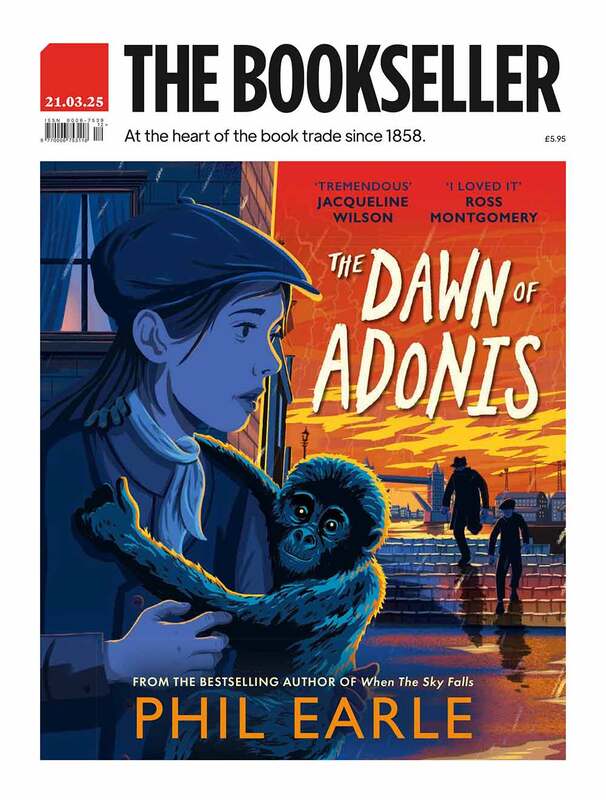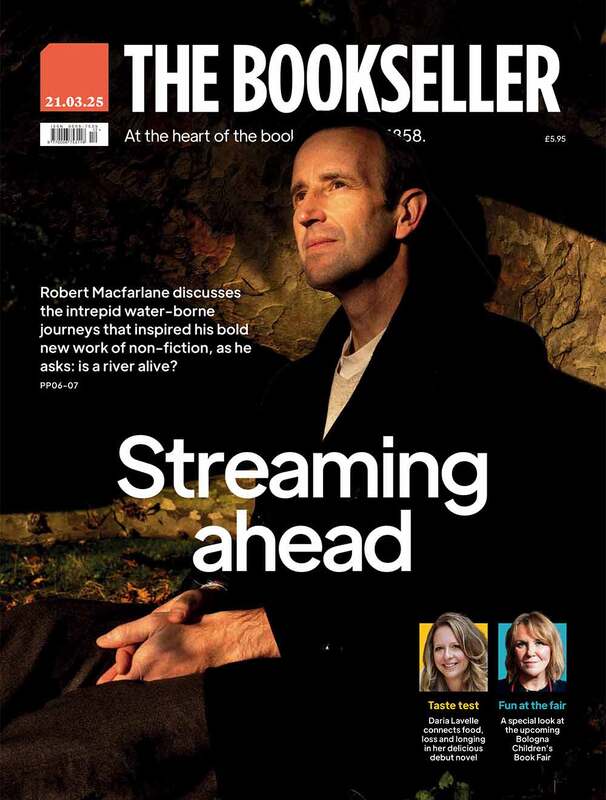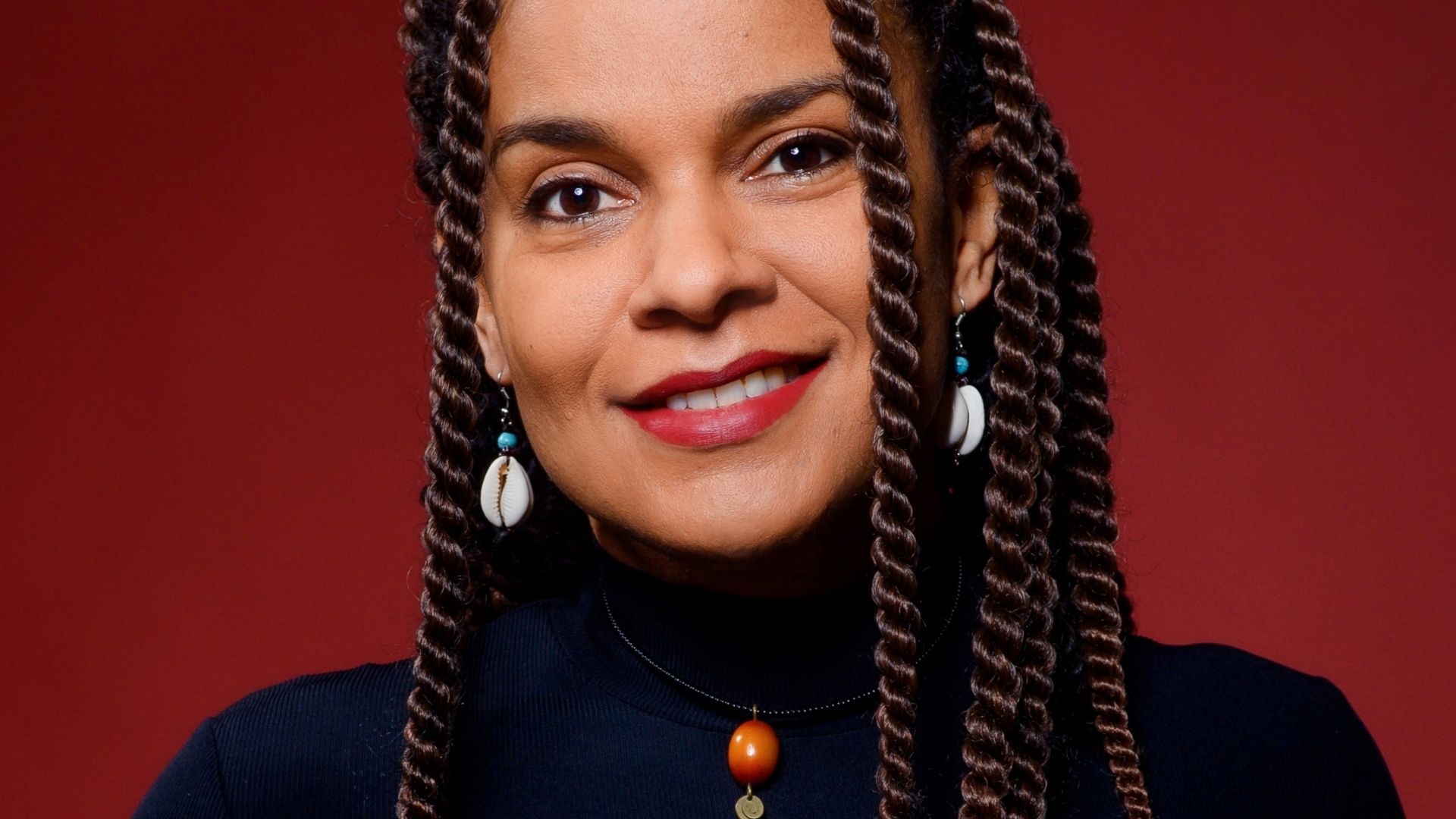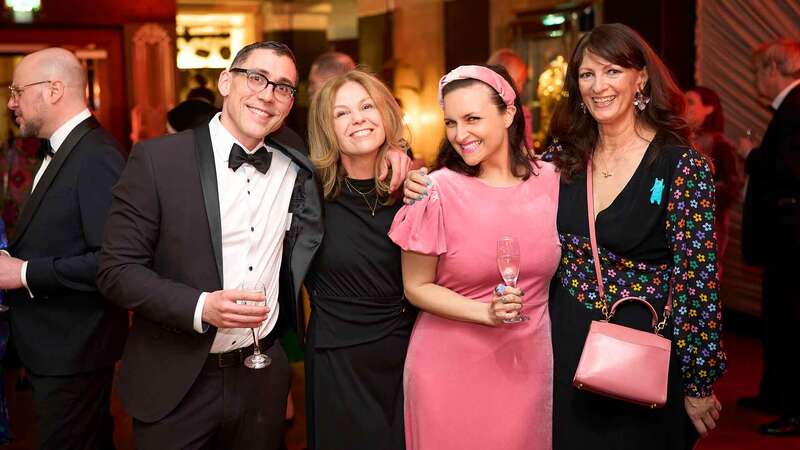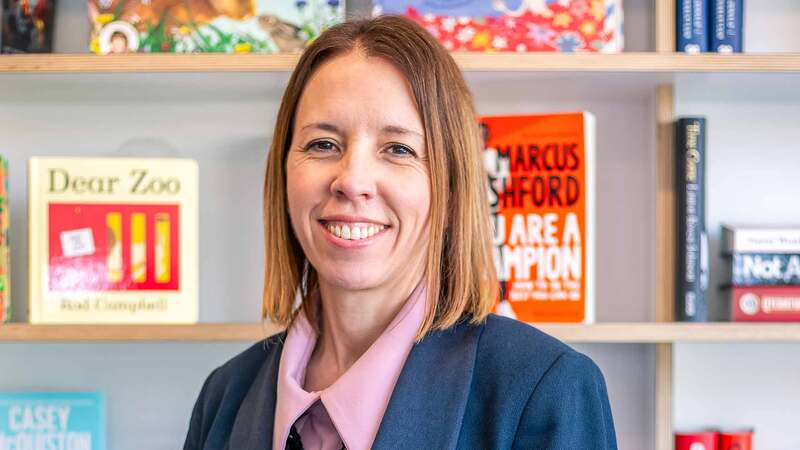You are viewing your 1 free article this month. Login to read more articles.
Efua Traoré discusses Nigerian mythology and the concept of family
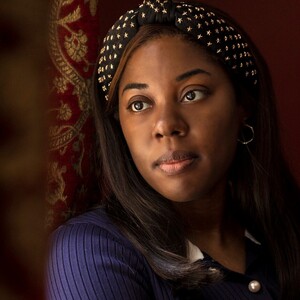
Traoré draws on Yoruba mythology for latest magical tale of friendship.
Award-winning Nigerian-German author Efua Traoré’s début middle-grade novel Children of the Quicksands won the Times/Chicken House prize in 2019. She discusses her second book, The House of Shells, which continues her exploration of Nigerian mythology.
What inspired you to use Yoruba mythology to underpin the friendship between your characters Kuki and Enilo?
In Nigeria, we have lots of intriguing stories about haunted trees, spirits, cursed families and magic realms of gods and goddesses. I loved these stories as a child and love playing with the idea that there might be some hidden magic in this world. People still believe that Abiku—mischievous spirit children—exist and plague families by dying young deliberately, only to be reborn again and continue the cycle. The thought of how an Abiku child might feel when growing up in a cursed family stayed with me and inspired me to write this story. I would love to see more of our Nigerian myths and folktales transported into children’s books. I often worry that these tales might one day be forgotten; I guess that also kind of inspired me.
I was struck by your lack of overexplaining when it came to the Nigerian setting, mythology and Black hair. Is this something you want to see more of?
When I write I immerse myself completely into the story and just see where my characters lead me. I think if you write like that, you won’t need to overexplain things. I did get lots of similar feedback from readers of my first book, who were quite excited, as they felt completely immersed in the story. If the story is written from the heart, readers will feel drawn into it without the explanations.
The story explores Kuki’s changed family dynamics. What drew you to portray the blended family dynamic in such a tender manner?
I think the concept of family has been very idealised and stereotyped in society. The concept of family in a Nigerian setting is so broad. Even in Europe, family structures are so much more diverse and complex than they are often portrayed in books. Families aren’t perfect and, just like humans, they change, evolve, break. I’m absolutely fascinated by family dynamics and I played with the idea of what people would do to protect the people they love or how sensitive kids can be to their parents’ worries.
Do you have any more books in the pipeline?
I’m working on another middle-grade and a YA. The YA is a bit darker and is taking me further back in Yoruba history. I can just get lost in history, research and myths but luckily there are things called deadlines that wrench me back into reality and keep me focused. Hopefully, next year there will be more to come.

